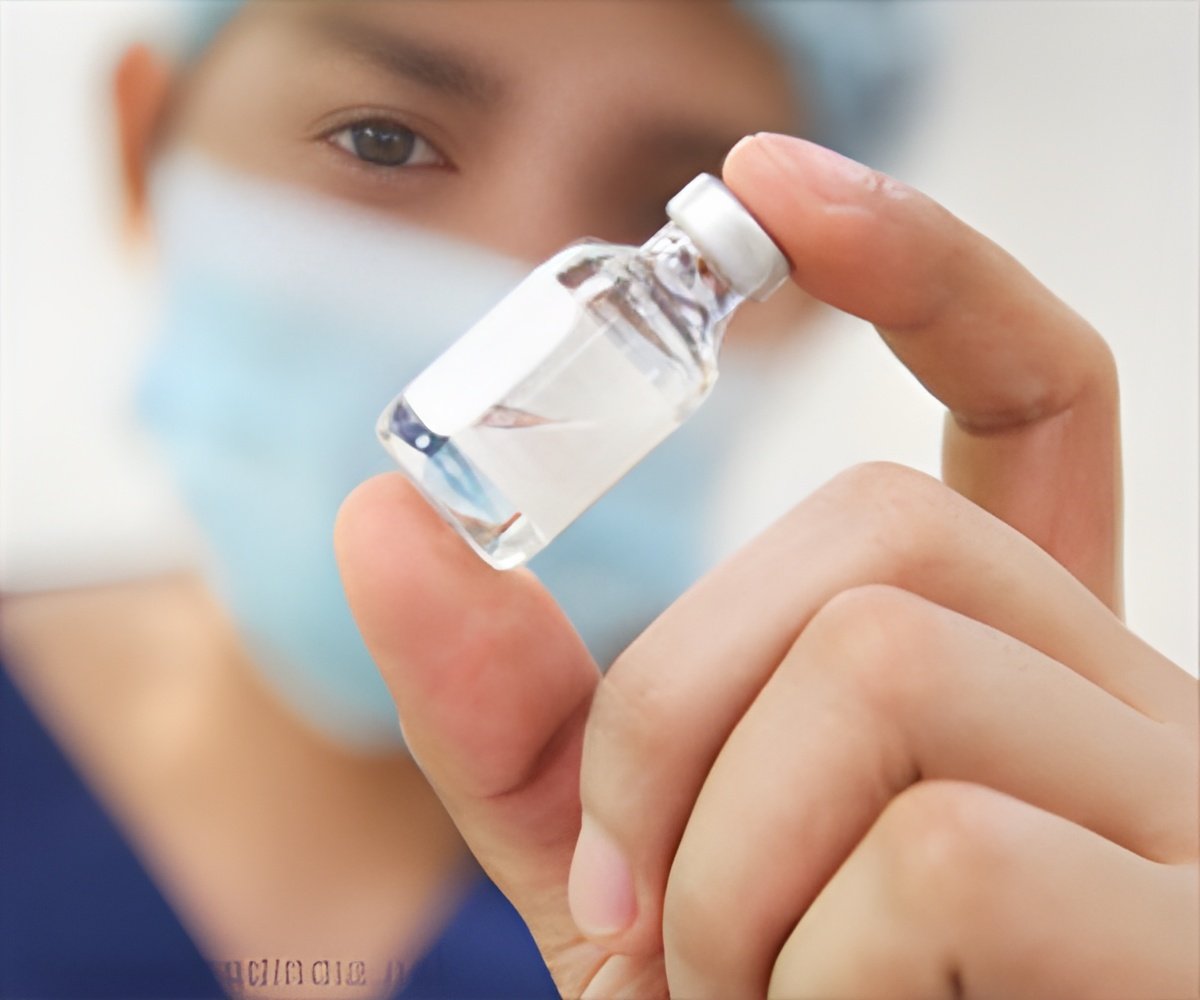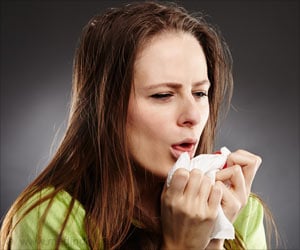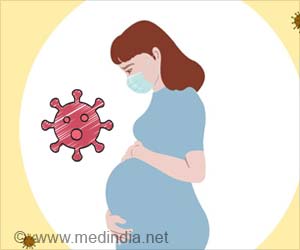Does the gap between Covid-19 vaccine doses matter? Yes, says a new study, as Covid-19 vaccine doses generate antibodies nine times more.

‘Everyone who is vaccinated develops a very high antibody response after second Covid-19 vaccine dose.’





Post-dose 1, those with previous infection had up to ten times higher antibody levels than naive individuals. After dose 2, those with previous infection had antibody levels more than twice as high as those who hadn’t had previous infection. While dosing intervals didn’t affect antibody levels in those with previous infection, a longer gap between infection and vaccination was linked to higher antibody levels, said researchers at the UK Health Security Agency (UKHSA).
The findings were presented at this year’s European Congress of Clinical Microbiology & Infectious Diseases (ECCMID) in Portugal.
Understanding the immune response to vaccination against Covid is integral to controlling the virus and reducing the number of deaths.
"This study shows that a longer time between vaccine dose 1 and dose 2 results in higher antibody responses in naive participants," said Dr. Ashley Otter from the UKHSA.
Advertisement
For the study, the team measured antibody levels in blood samples taken from almost 6,000 healthcare workers from across the UK enrolled.
Advertisement
The participants were classified by infection history as either previously having had Covid or naive, with no history of infection. Almost all of those who hadn’t had Covid seroconverted after vaccination, meaning they made antibodies against the virus.
Those who had their first dose of the vaccine eight months after an infection had antibody levels seven times higher than those who were vaccinated three months after infection. This suggests that eight months after primary infection may be an optimum time to receive the first vaccine in those with prior infection.
However, the analysis shows that regardless of the timing between infection and vaccination, all individuals mount a very high antibody response after dose 2.
In addition, the study showed that female participants and those from an ethnic minority were associated with significantly higher antibody titers, while immunosuppression was associated with significantly lower post-vaccination antibody responses.
Source-IANS














